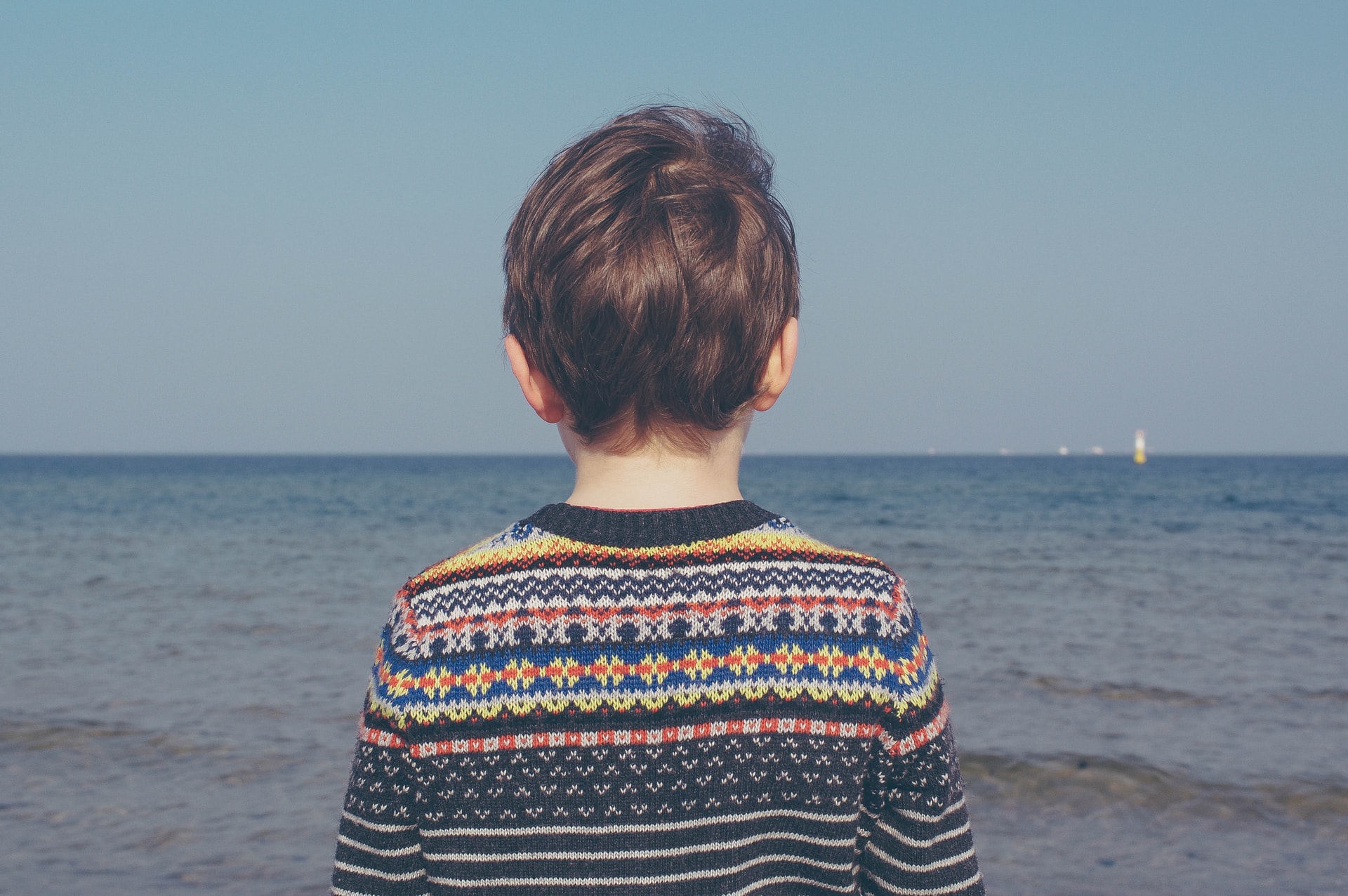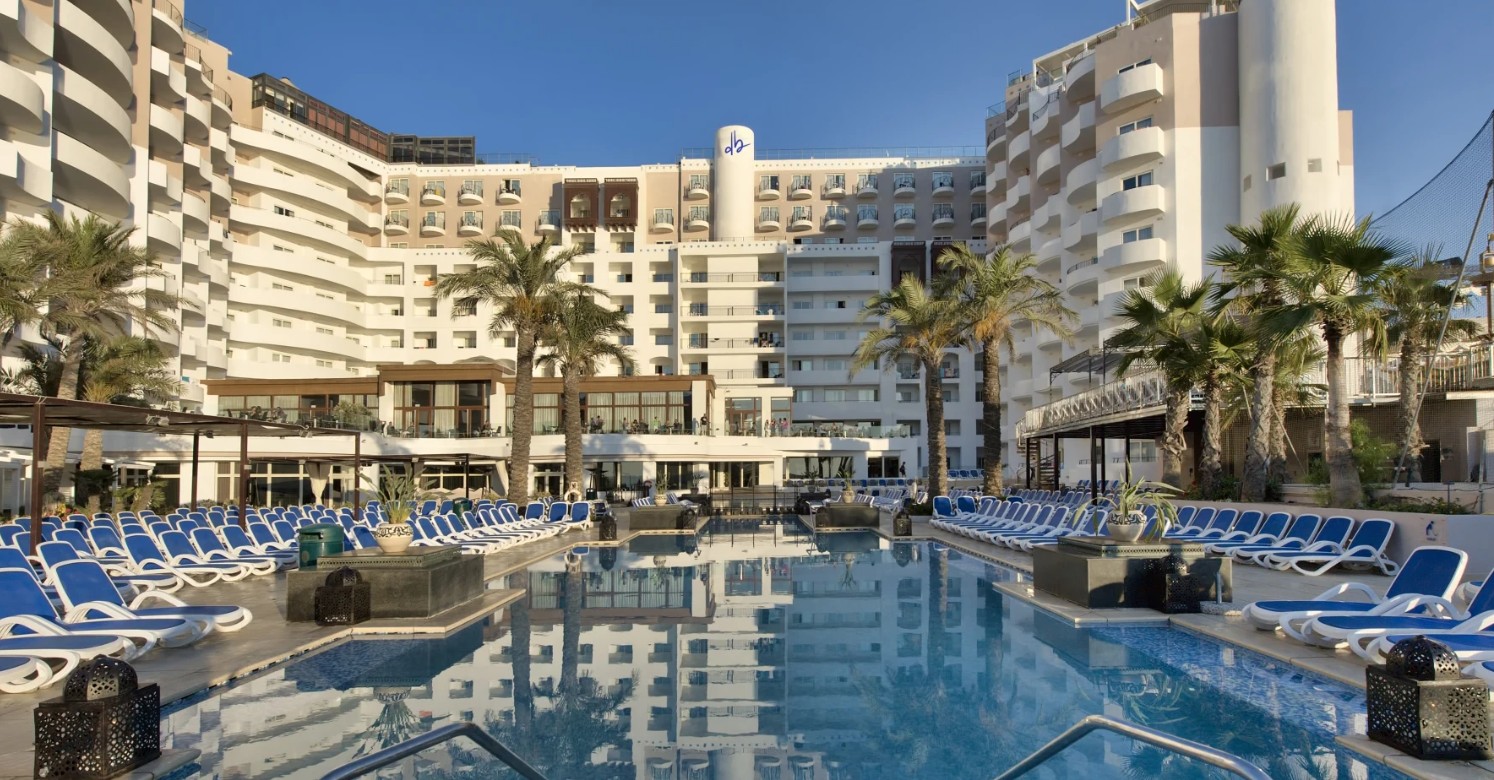The term ‘care and custody’ is not defined under Maltese law. It refers to the significant role that both parents have towards the upbringing and day to day care of their children. In a typical family unit, the care and custody of the children is the responsibility of both parents jointly and entails having both physical and legal custody of the children.
When spouses file for personal separation, or when the relationship between unmarried parents is terminated, the judicial system is most of the time faced with the task of determining whether the care and custody of the children ought to remain vested in the hands of both parents, or whether to entrust this role solely in the hands of one of them.
This involves determining the physical custody of the children, that is with which parent the children will reside, and the legal custody of the children which involves the right of the parent to contribute in important legal, educational and medical decisions which would need to be taken for the children.
Maltese Courts hold that neither parent ought to be excluded from the upbringing of their children, unless there are serious reasons which lead the Court to take the drastic measure of excluding a parent from exercising care and custody over their children.
When this occurs, the physical custody of the children would be vested with the custodial parent, while the non-custodial parent, depending on the circumstances of the case, would have access to their children at designated times during the week as agreed with the custodial parent, or as determined by Court.
When determining care and custody disputes, the Court is guided by the best interests of the child principle. This involves the Court examining whether it is best for the children in question, to have their care and custody vested in the hands of one of the parents.
This evaluation is made on a case-by-case basis and requires that the Court carries a broad assessment of all the factors of the child’s life such as; the wishes of the parents and the child, the interaction and interrelationship of the child at home, at school and in the community as well as the mental and physical health of the individuals involved.
In doing so, the Court may appoint medical and psychological experts in order to examine and assess the family dynamic between the parties. The expert evaluation is carried out in order to provide recommendations that are in the best interest of the children concerned, on the basis of which the Judge would be in a better position to reach an informed and suitable decision on the case.
Maltese Courts hold that joint custody may only be presumed to be in the child’s best interest as long as both parents are willing to put their differences aside, cooperate and communicate with each other in order to fulfil their children’s utmost needs.
Thus, in the event that two parents are not capable of communicating between each other in a civil manner, ideally the care and custody of the children is not joint, since this would inevitably become a source of further arguments which contributes to be a serious detriment to the children’s wellbeing. In extreme cases, such as the perpetration of domestic violence or the abandonement of the family by one of the parents, the Court may even resort to denying the perpetrator from exercising parental authority. Resulting in the perpetrators loosing their parental rights over their children.
More than 70,000 active rental contracts with the Housing Authority in the first half of 2025
This figure marks an increase of 7.5% compared to the same period in 2024
Unprecedented issuance in Q4
Malta’s bond market is seeing record issuance in the final quarter of the year
A new era of growth for db Group
db Group is a family-owned business that traces its origins back to 1984







